Coaching
I like one of the definitions of coaching that I came across on Wikipedia, “A process used to transport people from where they are to where they want to be”, because it focusses on the ‘process’, ‘movement’, and ‘goals’ – all three essential elements of a successful coaching journey. And I had an early experience of these three when being coached at school.
I clearly remember one of my best coaches at high school. I was starting at a new school for the last two years of schooling, and coming into a new school I only knew one other person, so I had a need to make new friends.
For sport, the school was a ‘Rugby school’, meaning for boys, the focus was on Rugby. Now, I was naturally good at most sports, but had never played Rugby, so I just made up the numbers for the in-school House Competition. However, I found myself very fortunate to have Mr. Smith, who was a fanatical Rugby man, as our House coach (he was also my English teacher).
After our first ‘muck-about’ training session, what was so good about Mr. Smith as a coach was that not only was he hugely motivated in the subject (Rugby), but he took the time to sit down with us, ask us what we’d like to do for the term (semester), what we’d like to achieve, how we might get there, and what part we’d like him to take. Although I didn’t know anything about group processes (or coaching for that matter) at the time, I found his approach extremely motivating. Needless to say, we had a great team of boys, loving our game, and being successful throughout the term. Most importantly for me, I quickly made a lot of new friends.
Since that time, I’ve carried that coaching experience into my role as a coach with many people and teams in sport, business and families.
Should you feel the need for some personal help and guidance with your career, please contact me and we can discuss your needs and goals and together work out a way of taking your desired journey.

(Martin was a client of Bob’s when working at the Institute of Chartered Accountants)
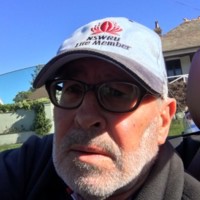
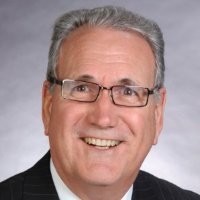
January 26, 2009, Mike worked with Bob at a number of clients
Edd worked with Bob at different companies

August 15, 2008, David was a client of Bob’s

(Philip worked with Bob at different client businesses)

(Bob was Jean’s Coach at IMD Switzerland)
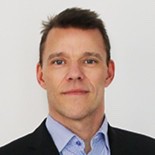
(Bob was Jack’s Coach at IMD Switzerland)
(Bob was Marwan’s Coach at IMD Switzerland)

(Bob was Pascal’s Coach at IMD Switzerland)
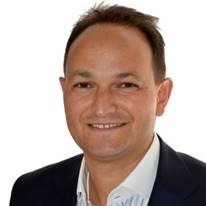
(Bob was Jean Sebastien’s Coach at IMD Switzerland)
(Bob was Petra’s Coach at IMD Switzerland)

(Stefanie reported directly to Bob)

(Peter and Bob were business partners)
(Bob was senior to Margaret but didn’t manage directly)

(Brian managed Bob directly)
(John reported directly to Bob)
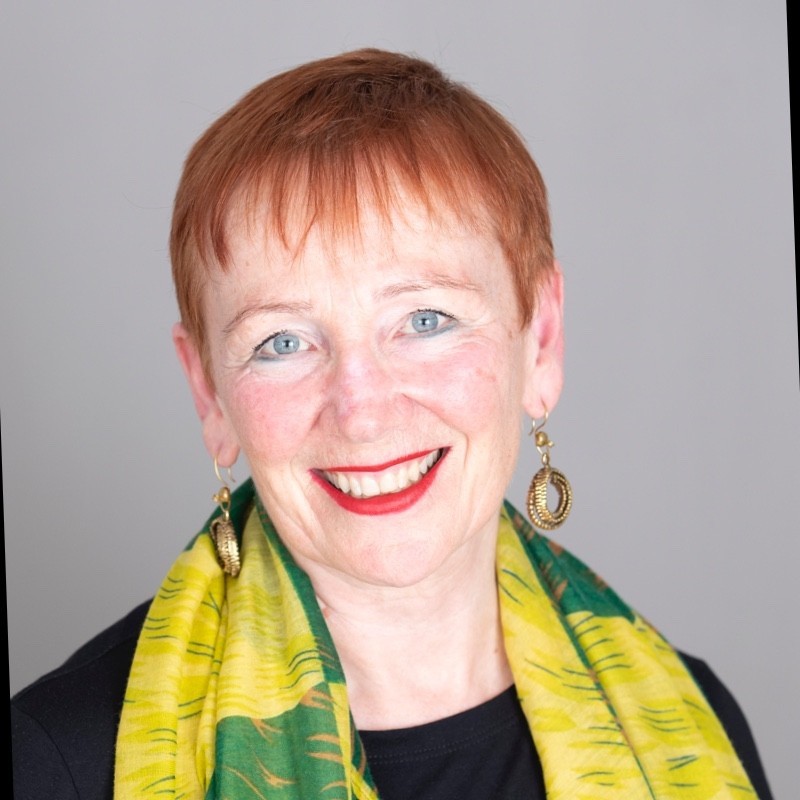
(As a key note speaker)
Facilitation
This description of learning, is particularly applicable to describing ‘facilitation’. The words came to me when being interviewed by a journo some years back, when she asked, “Bob, you call yourself a facilitator, but what does a facilitator do?”
“Damn good question”, I thought at the time – I may have even said so.
To backtrack a little, in my early career, I’d spent a number of years as a trainer where I was expected to be the “expert” who would help people learn a new skill through imparting my knowledge and expertise. As I got more into organisational development work, I knew that I didn’t have all the answers (in fact in some cases, not many at all!). All the knowledge was held by the people in the team, business, family or industry.
As I discovered, my role as a facilitator was to help them clarify their thoughts, appreciate alternate views, and in most cases, reach agreement or develop common ground that would help move the team, project, family or business forward.
At the time of my interview, I had just completed one of the most challenging facilitation sessions of my career. We had been employed by AUS-MEAT, a not-for-profit organisation providing services to the meat industry across Australia and New Zealand, to help them introduce a QA System for the grain-fed beef industry.
One of our first tasks of the project was to get the buy-in of all the various stakeholders. These included, the producers, wholesalers, retailers, animal welfare, health and safety, governments, food and other suppliers, abattoirs, unions, the wider non-farming community and so on – I counted about 40 people in the room on the day of my facilitation session.
What was my specific task that day? To have the participants walk out at the end of the day with an agreed policy on all aspects to do with grain-fed beef production – a policy that they could take back to their constituents as an agreed basis for the development of a QA system for grain-fed beef.
In a nutshell, it was a success (if you’re interested in how this session was facilitated successfully, please contact me and I’ll share the details). Our project lasted three years and included over 360 training workshops, resulting in one of the most successful QA systems in the rural industries.
That’s but one example of successful facilitation in which I’ve participated. You’ll find testimonials for others on the Testimonials page of my website.
Now, when you have the need to get a group of people together to reach consensus, to resolve an issue, or perhaps to move a stalled project forward, please contact me.Business and Organisation Development
Business and Organisation Development is everything that it takes for a business, not-for-profit, government entity, charitable, community or sports organisation, to build and sustain its long term future.
The aspects of business improvement have widened to include such terms and activities as organisational change, employee engagement and culture change, and as Peter Drucker is so often quoted, “Culture eats strategy for breakfast”.
Therefore, not only must we pay attention to the analytics, strategies and processes of improvement, but also the softer side of improvement, meaning people, feelings, leadership, relationships and the environment for improvement.
When I work with teams, I combine the ‘analytics’ with ‘people engagement’ in a development process that has the participants working on their real world business improvement needs over a defined period.
I recommend that the minimum period should be six months, and the maximum 12 – 15 months, depending on the complexity and size of the business development requirements.
You can see the process used with a high-tech international financial services organisation here.
Family Businesses
Your family business is much more than a source of income. It’s your family’s story – past, present and future – and Bob Selden knows it’s a legacy worth protecting and can help you do that.
If you are a family business, you are not just another SME! There are important issues that are unique to family businesses that you need to get your head around.
I'm one of the team at Family Business Central that runs informative two hour sessions that are a fantastic opportunity to get an update on what you need to do … as a family and as a business.
Contact me for times and details for these informative webinars.
I can assist with some of the key issues facing family businesses:
- How to have the challenging conversations that need to be had to ensure the family is working and living in harmony
- How to identify the key family values that will lead to building long term legacies for the family
- How to make, use and develop “merit” as a key principle for employing family members in the business
- How to structure, manage and lead effective family and company boards for business success.
